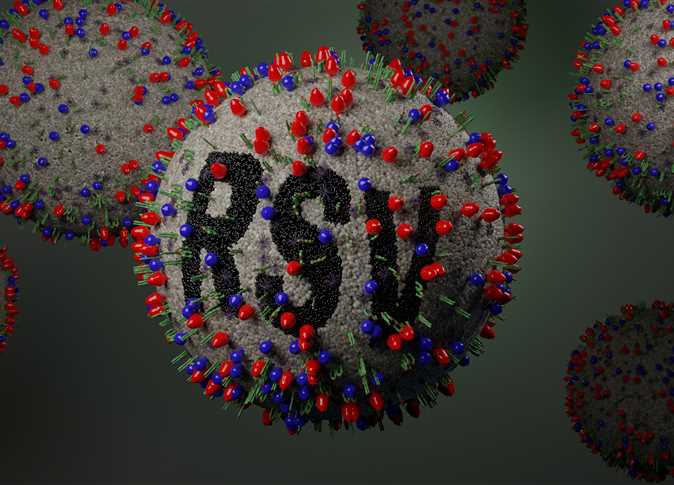To prepare field hospitals for patients with the syncytial virus, Abu Alyaqeen gives instructions
- Publish date :
Tuesday - am 12:00 | 2022-11-15
Alanbatnews -
Balaawi rules out the likelihood of a coronavirus merger
Al-Anbat-Dalal Omar
Translated by: MAYS ALSHAWABKEH
The respiratory syncytial virus cannot be paired with the coronavirus, according to clinical medication treatment expert Dr. Darir Al-Balaawi, who emphasized that this hasn't happened in years. The influenza virus differs from the coronavirus, and there are purported borders between viruses.
When a person with the virus sneezes or coughs close to a healthy person, the virus can spread to adults or children, and it can also spread through direct contact, such as a handshake. Respiratory viruses that enter the body through the eyes, nose, or mouth spread easily through the air through infected respiratory spray.
This happened in response to the order given to the directors of hospital 4 (Amman, Irbid, and Ma 'an Field Hospitals, as well as Sheikh Mohammed bin Zayed-Aqaba Field Hospital) by Dr. Imad Abu Alyaqeen, Director of the Technical Affairs Department of Hospitals, to prepare the hospital for cases of syncytial respiratory virus.
According to Albalaawi, the virus can survive for a number of hours on hard surfaces including tabletops, toys, and infant bed rails. A guy is likely to contract the virus if he contacts his lips, nose, or eyes after touching a contaminated body.
For the first week following infection, the sick individual is at their most effective as a vector. However, for newborns and those with compromised immune systems, they may continue to spread the virus for up to four weeks after symptoms have subsided.
Children's syncytial respiratory virus infections are currently rising at an unprecedented rate in the United States of America. While the U.S. Centers for Disease Control do not follow hospitalizations or fatalities caused by this virus as closely as they do influenza, they have noted an increase in syncytial virus cases across the nation.
However, his symptoms last for a week or two and go away by eating a lot of fluids and resting. For some children, it can be a more serious illness, and the child may need to stay in the hospital in order to get extra oxygen. However, in general, it is so mild that adults frequently aren't aware they have it. They continue engaging with others if they believe it to be nothing more than a cold or sensitivity.
Al-Balaawi emphasized that while most children recover in the support care department and can frequently go home in a few days, going to the emergency department may be essential if the child has dehydration, difficulty breathing, a high temperature, or their skin tends to be blue.
He emphasized the necessity for children to learn to cough and sneeze into paper tissues or their elbows rather than their hands, as well as to keep commonly touched surfaces clean. He also stressed the importance of staying at home when ill to limit the spread of the virus.
Syncytial respiratory viruses are highly contagious and frequently do not result in serious illness, with the exception of elderly adults, people with chronic heart, lung, or immune system conditions, as well as some infants and children, according to studies, most of whom contract them at the pre-secondary stage.

